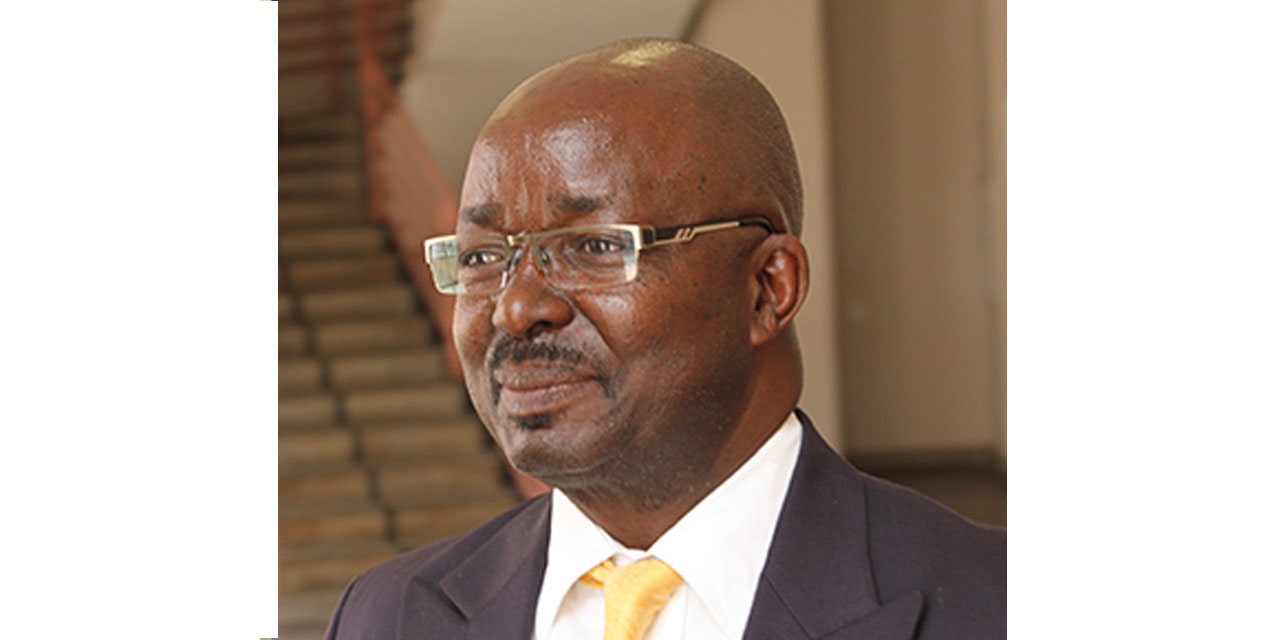Martin Endjala
Member of parliament and leader of Rally Democracy Mike Kavekotora has blamed the incumbent government on the country’s borrowing debt due to its ineffectiveness which is the reason why Namibia is not in the position to subsidies its fuel prices.
The MP is not convinced that a country like Namibia, which is regarded as a middle income country, cannot subsidize its fuel and make it cheaper like other countries.
Kavekotora was speaking yesterday in parliament, pointing out that subsidizing fuel prices should not be treated as something that cannot be done, or that is out of Namibia’s scoop. Emphasizing that it only needs to close certain loop wholes here and there. It can be done, Kavekotora stated.
He further went on to state that, Angola having a refinery that enabled them to subsidise their fuel, should serve as a wakeup call to Namibia, and start seriously working on modalities to implement a refinery in the country.
In response, Minister of Mines and Energy Tom alweendo cautioned parliamentarians that there is no country in the world with cheaper fuel prices as the market dictates such prices. Further adding that globally traded commodity, with a globally market determined price, thus limiting options.
With the current setup, where various importers import fuel for their own customers. Alweendo stated that one cannot take advantage of the economies of scale.
Hence, they are, of the view that, given the relatively small amount of volume of fuel being demanded locally, it makes economic sense to import fuel from a central point. A option that he said they are currently investigating.
Another option the Minister pointed out is the refinery as alluded by MP Kavekotora, of which he informed the house that given Angola’s breakthrough, they are currently looking into engaging them to co-invest in the refinery.
Other reasons why Namibia is not utilizing the Angolan crude oil, is the fact that it is not compatible with vehicles in Namibia.
Due to the fact that Namibia’s diesel specification usage is 50ppm (part per million), while for petrol is 95-octane unleaded. In Angola the specification for diesel is 500ppm and 93-octane for petrol. Thus, opting to use diesel that has less Sulphur than what Angola uses. He further indicated that Namibia uses a higher octane petrol.
The overall benefit are said to include better engine performance and the longer lifespan of lubricants, resulting in extended service intervals and a prolonged engine lifetime.
For example, engine performance improves due to the 50ppm diesel, believed to have cleaner and more effective combustion properties than 500ppm diesel.
Another benefit is the fact that more refined fuel products emit less greenhouse dioxides into the environment and since Namibia is a signatory to the Paris Agreement on climate change, it ought to abide to those rules.
Alweendo further clarified that the fuel specification used in the country has less to do with the protection of the engines of vehicles and more to do with fuel efficiency and the protection of the environment.




